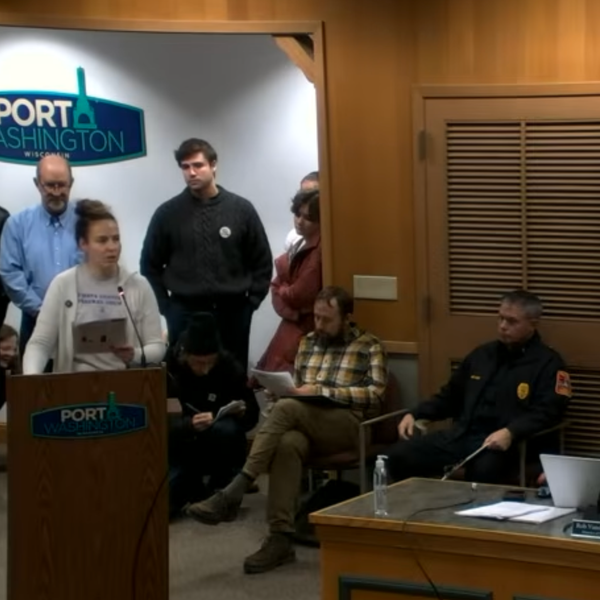A recent ruling by Canada's Supreme Court cheered by privacy rights advocates has not stopped police from making warrantless requests to telecommunications firms for user data, an investigation by the Toronto Star and the Halifax Chronicle Herald has revealed.
That Court decision, issued in June, as CBC News reported at the time, meant that
Canadians have the right to be anonymous on the internet, and police must obtain a warrant to uncover their identities [...]
The landmark decision [...] bars internet service providers from disclosing the names, addresses and phone numbers of their customers to law enforcement officials voluntarily in response to a simple request -- something ISPs have been doing hundreds of thousands of times a year.
Writing at OpenMedia.org, Eva Prkachin described the decision as "a huge win for privacy and civil liberties advocates across the country, who have been speaking out in massive numbers against proposed legislation that threatened to make warrantless disclosure the norm."
But the new reporting by the Alex Boutilier of the Star and Paul McLeod of the Chronicle Herald shows that though the number of warrantless requests has declined since the ruling, it has not fully stopped.
Large telecom firm Rogers now requires warrants for all data requests, but it continues to receive "a handful" of warrantless requests from law enforcement officials, Boutilier and McLeod report. Another of the country's three major telecoms, TELUS, did not state whether it continued to receive warrantless requests, while the third, Bell, only stated that it complied with the law.
A spokesperson from the Royal Canadian Mounted Police (RCMP) told the reporters that the Court decision did not make it necessary for law enforcement to obtain a warrant "for any and all basic subscriber information from a telecommunications service provider," and said that the force would continue to make warrantless requests in cases of emergencies, which the June decision allows.


